Mastering the Art of French Cooking, Vol.2
£19.80£23.80 (-17%)
‘This isn’t just any cookery book. It is Mastering the Art of French Cooking, first published in 1961, and it’s a book that is a statement, not of culinary intent, but of aspiration, a commitment to a certain sort of good life, a certain sort of world-view; a votive object implying taste and appetite and a little je ne sais quoi. Julia Child was like Amelia Earhart, or Eleanor Roosevelt: she was a hero who’d gone out there and made a difference. Her books are a triumph, and also a trophy.’ AA GILL, The Times
‘Mastering any art is a continuing process …’ In this book Julia Child and Simone Beck help cooks everywhere master the full repertoire of classic French dishes. Their recipes range across soups from the garden and bisques from the sea, famour fish stews from Provence and Normandy, to suckling pig and charcuterie, baguettes and croissants, and through a huge variety of desserts to petit-fours, all accompanied by clear step-by-step instructions and 458 illustrations.
Read more
Additional information
| Publisher | Penguin (3 Mar. 2011) |
|---|---|
| Language | English |
| Hardcover | 688 pages |
| ISBN-10 | 0241953405 |
| ISBN-13 | 978-0241953402 |
| Dimensions | 16.2 x 4.4 x 24 cm |

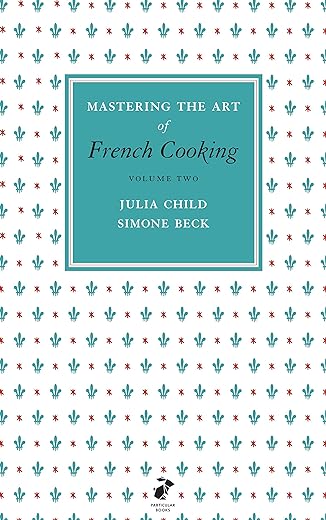
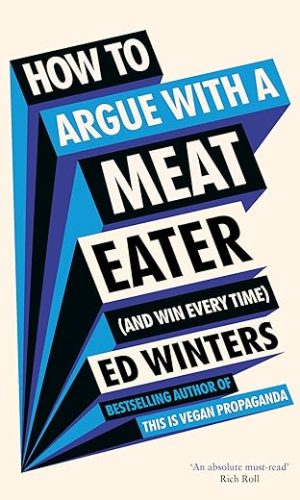
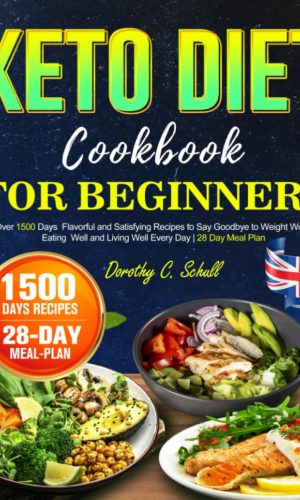
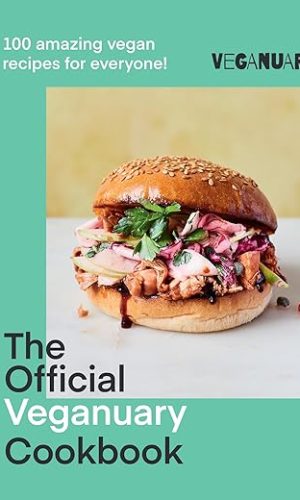
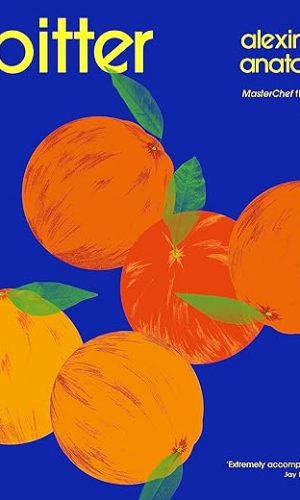
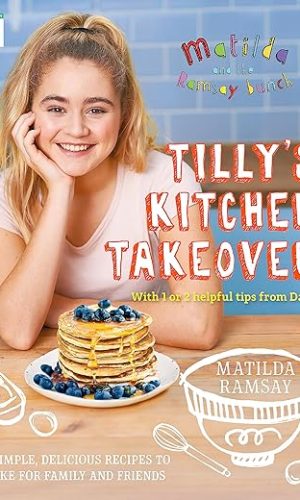
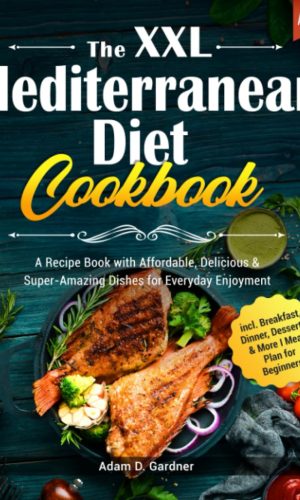

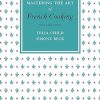
by Samantha Chorley
Bought this as a gift for a friend who wanted to try French cooking, I look forward to the outcomes!
by J. Kendall
A little dated and aimed at the American market but still very well written and a most have for any aspiring cook
by Gaza
Best cook books I have come across! This and volume 1 ( especially) make a great present for somebody that loves food and cooking. A lot of cookbook writers don’t actually test their recipes. These are all guaranteed to work with very clear instructions. The closest I have ever come to replicating great restaurant food, that even amazed me! These are not your ‘Jamie Oliver’ quick supper ideas though, but for a special occasion, or for learning the basics, eg scrabbled eggs. Enjoy!
by M. Schisano
Volume 1 is a must-have for every cook, volume 2 is also a must-have but it contains more complex, sophisticated recipes, some of which will become favourites and some of which will just always require a little bit too much time, too much effort, too many things.
Volume 2 builds on volume 1 and I find the Puff Pastry recipes already on their own worth the book. The instructions and drawings are, like for volume 1, top of the bill.
Volume 2 contains the following sections: 1) Soups of the Garden – Bisques and Soups from the Sea 2)Baking: Breads, Brioches, Croissants and Pastries 3)Meats: From Country kitchen to Haute Cuisine 4)Chickens, Poached and Sauced – and a Coq en Pate 5)Charcuterie: Sausages, Salted Pork and Goose, Pates and Terrines 6)A Choice of Vegetables 7)Desserts: Extending the Repertoire. Bon Appetit!
by G. Georgiou
I hate cooking and cookery books. Bought as birthday present for a friend who enjoys cooking and was inspired by the author. Loves the book.
by Julia hammond
This is a recipe book for the serious cook. You don’t have to be a good cook just follow the directions and your food will be fantastic. There are no pictures but as these are classical dishes they aren’t really necessary. There are suggestions for what else to eat as a meal. These are probably not everyday recipes but more for special occasions and of course there is no thought to health. But in the years that this book was created no one was over weight. And excellant book and the second volume too.
by K Brown
Great book. If a little smaller than expected.
by Paul Cowan
This is really an essential addition to Volume 1, covering essential areas such as bread and pastry in detail and providing a lot of information and recipes for meat – including ideas for unusual meats such as tripe and tongue which look worth trying.
I have deducted a star for what appears to be dreadful editing: in the section on French bread it is recommended that quarry tiles be used to fill a baking tray in order to create a stable heated surface to cook your bread on – then it goes on for several pages to discuss what to do with your asbestos sheet. Presumably the original edition recommended asbestos before the dangers were known and someone has just replaced the original reference with a suggestion for quarry tiles without bothering to update the rest of the chapter (and I would have thought slate or a volcanic rock, such as granite or syenite, cut to size, would be better).
The “converted to imperial measurements” 2011 edition that arrived means I now have Vol 1 in US measurements and Vol 2 in Imperial. Hmmm. In practice, it doesn’t seem to make much difference because liquid volumes are the only things affected and there don’t seem to be many references to pints or fluid ounces in the recipes. I just have to remember that a pint in Vol 1 is 25% less than a pint in Vol 2.
I’ve still got a lot of reading (and cooking) to do. I just hope the editing in other sections is better than it is in the bread section. In any case, it’s still an outstanding cookbook.
PS: It seems the references to asbestos may be because old quarry tiles contained the stuff (and should therefore be avoided, as should modern, glazed ones which may contain lead in the glaze). Apparently, the high baking temperature means baking stones might crack, though this risk is reduced if they are allowed to heat up and cool down slowly.
Another curiousity in the editing is that the index redirects “celeriac” to “celery root”, but there is no entry for celery root, which is a teensy bit frustrating when you want a recipe for it.